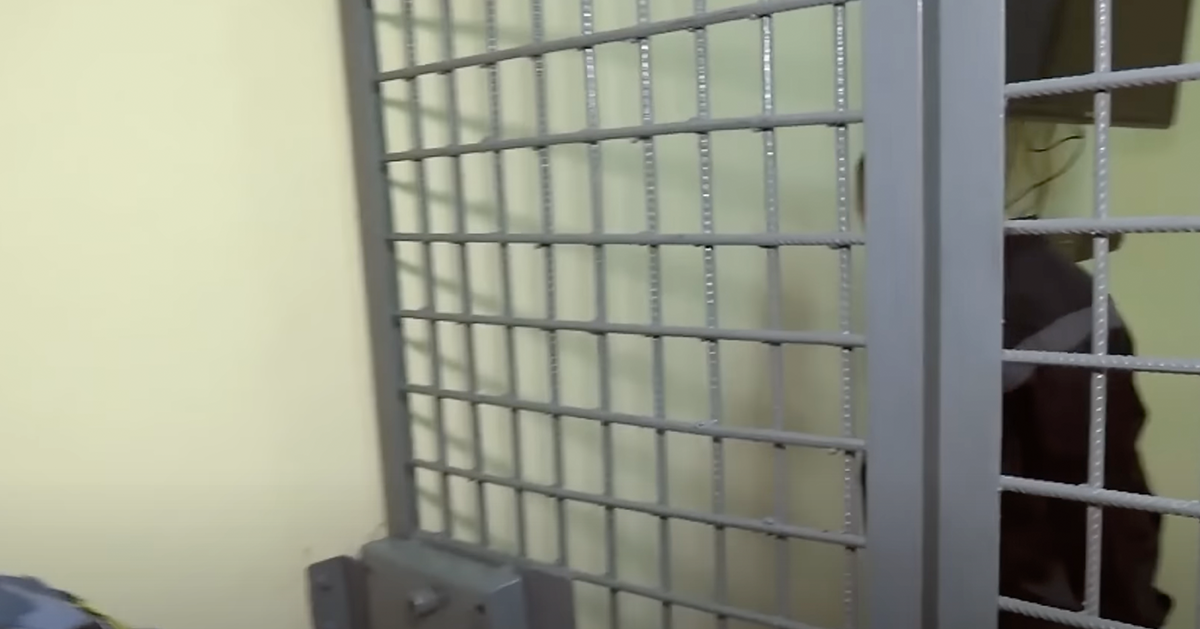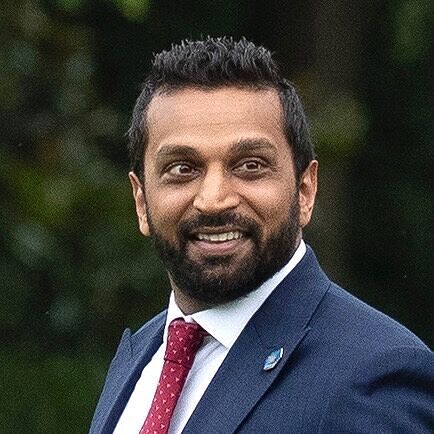NYC Judges Under Scrutiny For Pretrial Releases
Judicial decisions in New York City are sparking debate as data reveals a significant number of violent offenders are being released ahead of trial. The pattern, noted mainly among judges appointed around the time of New York's 2019 justice reforms, raises public safety concerns.
According to the New York Post, A study by the Office of Court Administration shows that many violent felons remain free while awaiting trial, despite their eligibility for bail.
From January to June 2024, some judges released most of their violent felony cases without pretrial detention. The data scrutinizes 96 judges handling severe charges in the first half of the year.
Judicial Decisions Raise Concerns
Judge Wanda Licitra stands out with a notably high rate of releasing accused violent felons. She granted pretrial freedom to 29 out of 34 defendants charged with violent offenses, amounting to 85% released during this period. Her controversial decisions include the 2022 release of Frank Abrokwa, known for a subway assault involving feces.
Similarly, Judge Valentina Morales released 83 of 101 defendants accused of violent crimes during the first six months of 2024. Her decision to free recidivist Eric Taylor has drawn criticism, highlighting ongoing concerns from law enforcement officials about her commitment to public security.
Another notable judge, Robert Rosenthal, released 67% of accused violent felons without setting bail. His decision to free Jason Ayala, who reoffended promptly, sparked public outrage and criticism from Police Commissioner Jessica Tisch, emphasizing that reoffenders should not return to the streets so easily.
Mixed Reactions to Pretrial Freedom
Judge Marva Brown has continued on a similar path, with 54 of 87 accused individuals going free without bail. Among them, Amira Hunter was released in Brown’s initial 14 months on the bench. Critics argue that such decisions overlook the potential risks to the community.
Observers scrutinize Judge Eugene Bowen's record equally; in early 2024, he allowed 87 out of 113 accused felons to return to the streets pretrial. His decision involving Hector Desousa-Villalta, linked to a past shooting case, exemplifies concerns held by law enforcement and public safety advocates.
Despite apprehensions, an Office of Court Administration representative argues that judges retain discretion when deciding bail settings based on each defendant's flight risk. However, a veteran defense attorney describes judges like Licitra as having fallen for "bail reform" without proper consideration of defendants’ threat levels.
Public and Official Critiques
Commentators argue that these judicial decisions risk prioritizing reform ideals over community safety. Hannah E. Meyers from the Manhattan Institute states that some judges disregard potential dangers to the public in their rulings. Thomas Kenniff highlights the challenges presented by legal limitations on setting bail but maintains that judges can still find ways to ensure public safety.
The tension surrounding judicial approaches prompts criticism from various quarters, including law enforcement and victims' families. A police officer criticizes Judge Morales, contending she fails to protect the public as required by judicial duty. Letters from victims' relatives express frustration, feeling that attention is given more to offenders over innocent victims.
Critics assert that ongoing practices of freeing accused violent offenders place New Yorkers at risk, as echoed by MTA Chairman Janno Lieber.
Debate Around Criminal Justice Reform
These findings coincide with New York's 2019 criminal justice reform period, designed to reduce unnecessary pretrial incarceration. However, the outcome raises questions about effectively balancing reform with public safety needs. As discussions continue, the scrutiny of judicial decisions remains a focal point for addressing concerns of community safety versus reform ideals.
The discourse on whether these practices are sustainable is ongoing, with key stakeholders urging a reevaluation of priorities. While public officials acknowledge state-imposed limitations, many argue for a revised approach that ensures robust protection for communities affected by these rulings.






